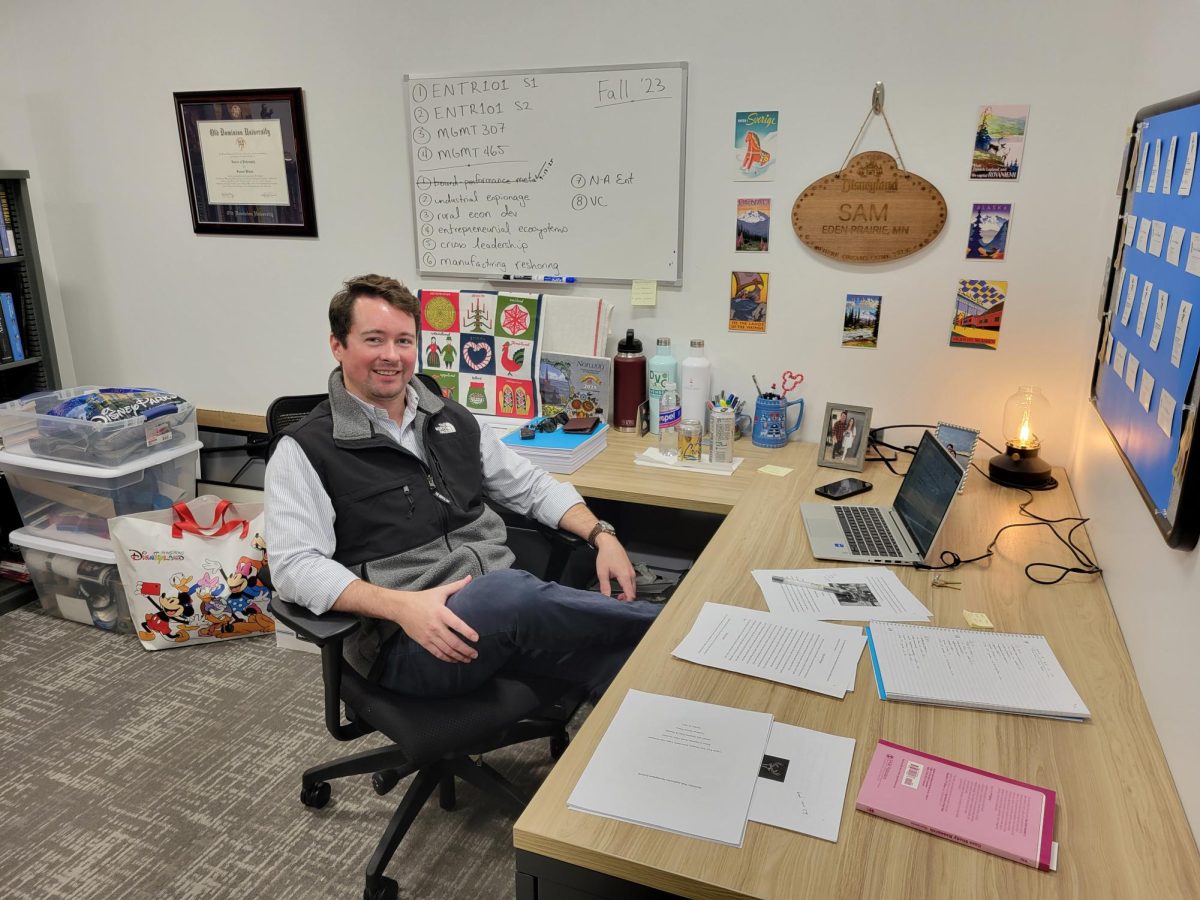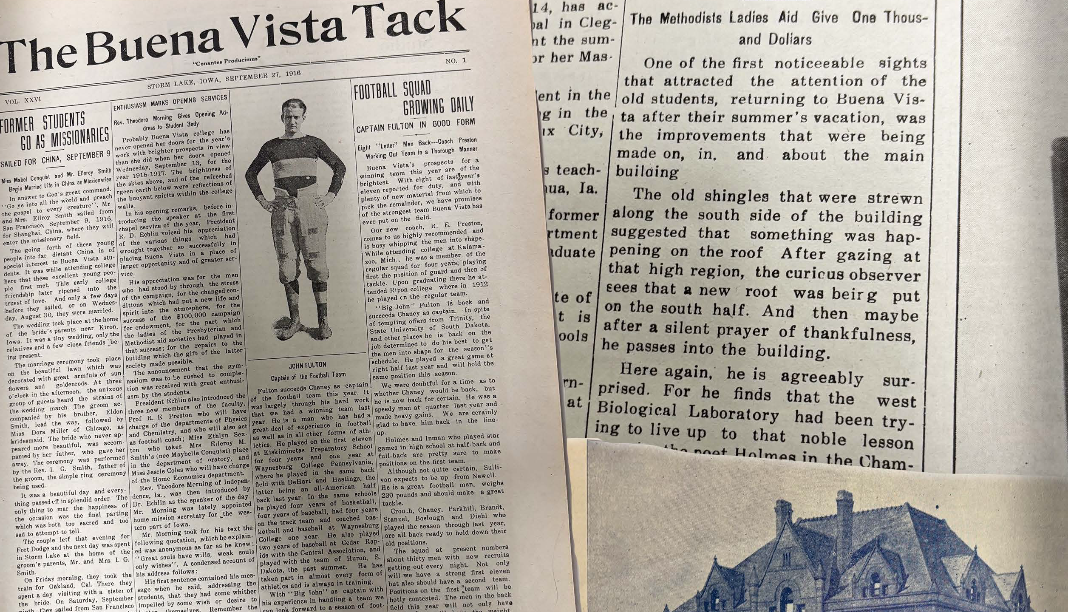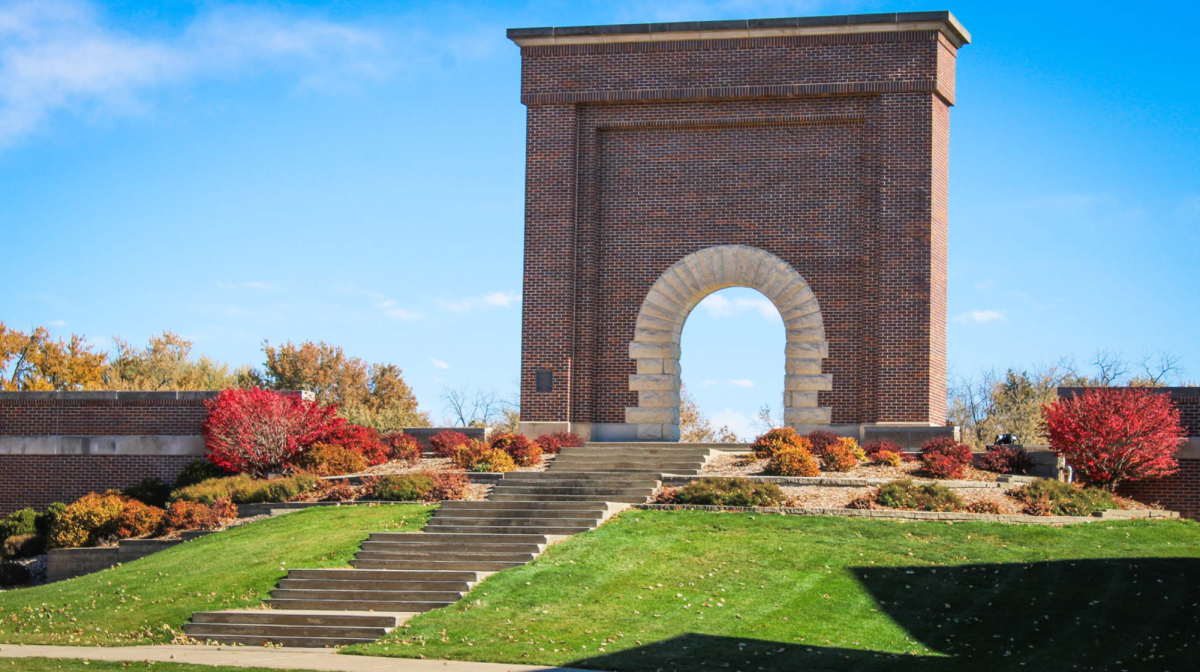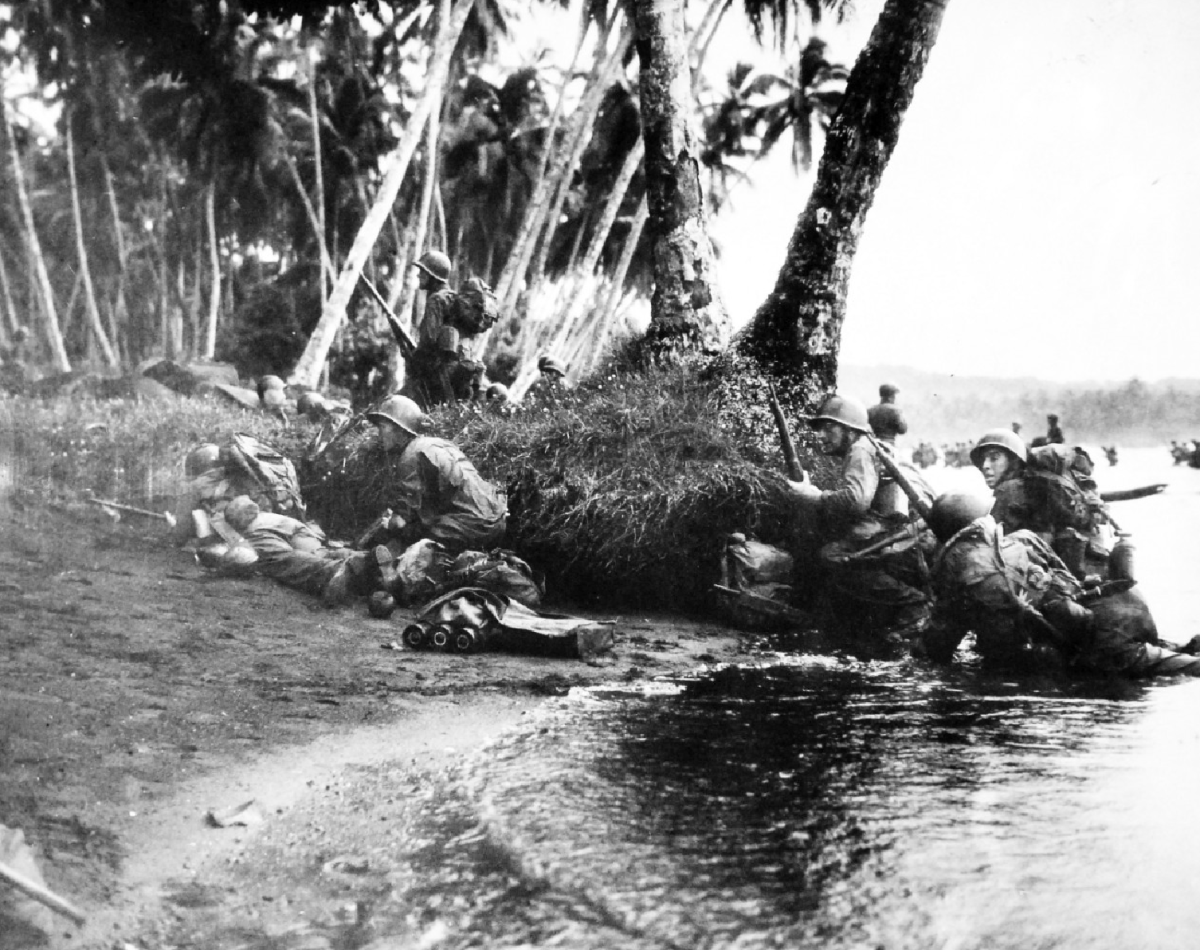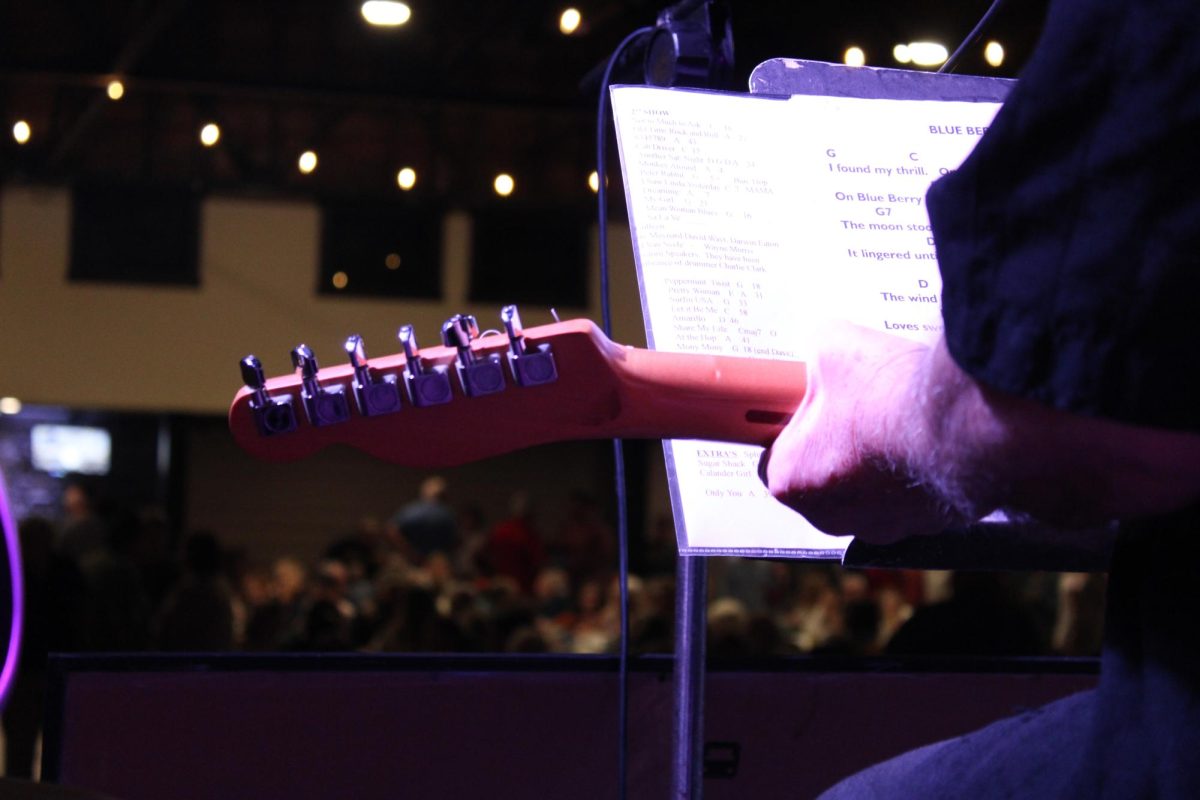Taylor Staab | Contributing Writer
As the fall semester is coming to a close, so are projects. For seniors it means capstone studies are going to be due soon.
For her COMM 442 class taught by Dr. Beth Lamoureux, senior Jenny Van Oort is in the process and is almost finished with her theoretical application capstone project on AMC’s The Walking Dead. The paper is an extended application project that focuses on the integration of at least three theories of the communication discipline with a topic of the student’s choosing.
“This capstone class is rather labor-intensive and is taken in two parts; communication theory in the fall and communication research in the spring,” Van Oort said. “Typically the topic that is chosen for the theoretical application paper is the same topic that carries on with each student to the spring research course with Dr. Mary Gill as well.”
She chose the subject because the show has proven to be an artifact of popularity and significance in society. Deciding that it should be examined as an artifact, she wants to attempt to understand what the show does to create such an insatiable thirst.
The capstone is the culmination of four years of study all combined into one class senior year. It is very labor intensive and requires a great devotion of time. So when faced with the challenge of choosing a topic Van Oort decided she needed a topic that not only she wanted to know more about, but also to select a topic she could grow with while working on her studies.
“Ask any other student in this class currently, or anyone who’s taken it in the past, the topic choice is one of the toughest parts,” Van Oort said.
After bouncing around “traditional” communication topics like relationships, family, friends, and the like, Van Oort stated her broad idea of the TV series The Walking Dead and her fascination with it.
“What sparked my initial interest was the idea that The Walking Dead was not only a large interest of my own but the series is wildly successful and boasts a fan base that is wide in demographics and vast in number,” Van Oort said. “To discover what it was about this series that made it so fantastic and believable in so many ways to so many people was a question I wanted to answer.”
To her surprise, her communications professors approved her topic.
“I was thrilled to have chosen The Walking Dead and get to understand how the communication used in the show conveyed an unbelievable reality (the apocalypse) in such a believable way,” Van Oort said.
Her project title and theoretical question is “Bite into the Believable: How Apocalyptic Character Development in The Walking Dead Emulates Communication in a Believable Way.” As part of the application project, her task is to select three communication theories that fits her topic in some and utilizes the selected theories to expose the answer to her question.
The theories that Van Oort Seleced are Fritz Heider’s Attribution Theory, Charles Berger’s Uncertainty Reduction Theory, and Walter Fisher’s Narrative Paradigm.
Heider’s attribution theory provides framework that human’s judge one another based on observation and assumptions, and in an environment like The Walking Dead, an incorrect assessment of character could cost one their life.
“I will be utilizing this theory to analyze character assessments of one another and how those convey to audiences in ways that are relatable and promote audience to either latch onto or push away from given characters,” Van Oort said.
Berger’s uncertainty reduction theory is all about sharing information and will be used to examine character relationships during various seasons of The Walking Dead in order to understand if the character relationships develop in realistic way, to determine if that is what sparks viewers’ interests.
Fisher’s narrative paradigm explains that everyone has a story to tell. Because The Walking Dead is mainly based on personal narratives of the characters, Van Oort said, “elements of this theory will be applied to several of the main characters story developments as the audience knows more and more throughout the season in order to determine how narratives keep audiences hooked and up this reality believable and consistent.”
Following the APA formatting, knowing her theories inside and out, and not being afraid of editing or dropping everything to get an idea out of this paper, Van Oort has spent the better part of the last month devoting nearly all her free-time to research and write this paper. Each time she gets a new section done, or reedits an old section, Van Oort is more relieved and extricated to finally be done, and to share with others.
“I not only get to write this lengthy but hard labored love of a paper, but I get to actually talk about it to my communication faculty and anyone else who comes to our presentation days,” Van Oort said. “This is probably one of the most exciting parts of this project because I get to demonstrate what it is that I’ve learned, what I’ve applied and found and I reveal how this topic will carry on with me into the spring research class.”
Additionally, individuals may be selected to go the national conference and present their project to many more people as a true communication scholar would.
With fingers crossed Van Oort hopes that she can make it that far with her project, or better yet, for it to be published. She says that is the ultimate hope and dream for this project.
Van Oort quotes Michael J. Totten of City Journal as he supports the examination of The Walking Dead by suggesting that we should be, “Learning how one can survive and—just as important—remain a decent human being in such a crisis might be worth thinking about, even if [the apocalypses] never happens” (Totten, 2014).
She says that exploring a series that competes with GOP debates and the NFL and Sunday Night Football for viewership should be a concern for everyone to understand what it says about human communication and above all to understand what influence the series has over it’s viewers.
“To Devote myself to a project this large is stressful no doubt, but my biggest reminder is to approach the paper in a light hearted manner and to always keep in mind that success is just a matter of working it all out.” Van Oort said.
She truly loves The Walking Dead as a series and each Sunday, Van Oort watches, not missing a single episode.
Photo by Dee Friesen




